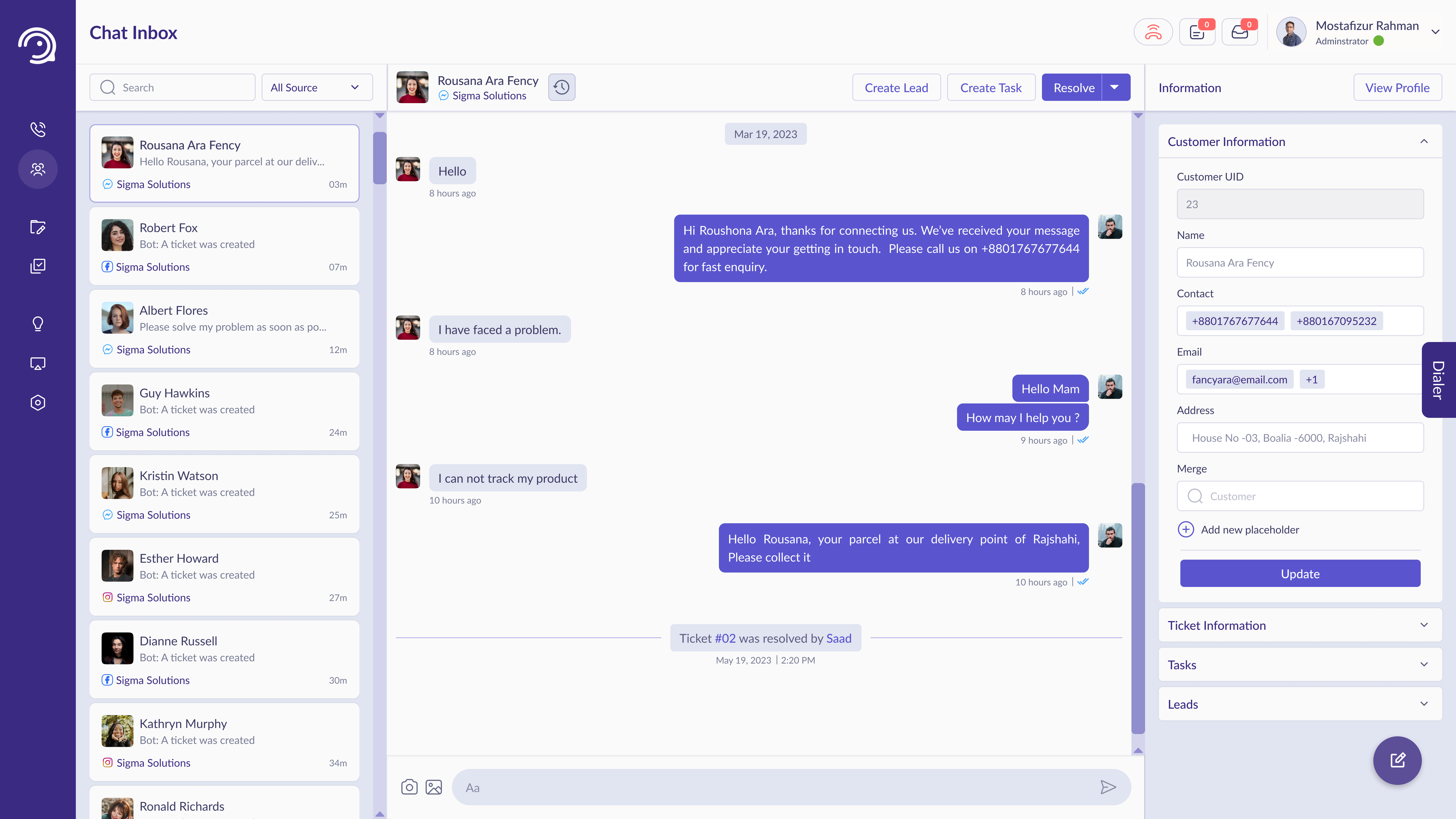In today's data-driven business landscape, the ability to convert insights into actionable strategies is key to gaining a competitive edge. Customer Relationship Management (CRM) systems are pivotal in this transformation, providing businesses with invaluable data to drive performance improvements. This article explores how leveraging CRM data can enhance business performance and deliver tangible results.
Understanding CRM Data
CRM systems collect and organize vast amounts of customer information, including contact details, purchase history, communication preferences, and interaction records. This data is a goldmine of insights that can help businesses understand their customers better, predict their needs, and personalize their interactions.
Turning Insights into Action
1. Personalized Marketing Campaigns
CRM data allows businesses to segment their customer base and tailor marketing efforts to specific groups. By analyzing customer behavior and preferences, businesses can create highly targeted marketing campaigns that resonate with their audience. Personalized marketing not only improves engagement but also increases conversion rates and customer loyalty.
2. Enhanced Customer Service
CRM data provides a comprehensive view of each customer's history and interactions with the business. Customer service representatives can use this information to offer more personalized and efficient support. By understanding past issues and preferences, they can anticipate customer needs and resolve queries faster, leading to higher customer satisfaction.
3. Improved Sales Strategies
Sales teams can leverage CRM data to identify high-value prospects and prioritize their efforts accordingly. By analyzing purchase patterns and customer interactions, they can tailor their sales pitches and approach each lead with a strategy that is most likely to succeed. CRM data also helps in tracking sales performance and identifying areas for improvement.
4. Customer Retention and Loyalty
CRM data helps businesses identify at-risk customers and proactively address their concerns. By monitoring customer behavior and engagement levels, businesses can implement retention strategies such as personalized offers, loyalty programs, and timely follow-ups. This proactive approach helps in reducing churn and building long-term customer relationships.
5. Product Development and Innovation
By analyzing customer feedback and behavior patterns, businesses can gain insights into what products or services are most valued by their customers. CRM data can highlight trends and unmet needs, guiding businesses in developing new products or enhancing existing ones. This data-driven approach to innovation ensures that businesses stay relevant and meet evolving customer demands.
Best Practices for Leveraging CRM Data
1. Data Quality Management
The effectiveness of CRM insights depends on the quality of the data. Businesses must ensure that their CRM data is accurate, complete, and up-to-date. Regular data cleaning and validation processes are essential to maintain data integrity and reliability.
2. Integration with Other Systems
Integrating CRM with other business systems such as ERP, marketing automation, and customer support platforms can provide a holistic view of customer interactions. This integration enables seamless data flow and a unified approach to managing customer relationships.
3. Advanced Analytics
Leveraging advanced analytics tools can help businesses extract deeper insights from CRM data. Predictive analytics, machine learning, and AI can uncover hidden patterns and trends, providing businesses with actionable intelligence to drive performance improvements.
4. Employee Training and Engagement
To maximize the benefits of CRM data, employees must be trained on how to use the system effectively. Regular training sessions and workshops can help employees understand the value of CRM data and how to leverage it in their daily tasks. Engaged employees are more likely to use CRM data to drive better outcomes. Leveraging CRM data effectively can transform insights into actionable strategies that drive business performance. From personalized marketing campaigns to enhanced customer service, improved sales strategies, customer retention, and product innovation, the possibilities are vast. By following best practices and ensuring data quality, integration, and advanced analytics, businesses can unlock the full potential of their CRM systems and achieve sustainable growth. In the end, it’s about turning data into meaningful actions that benefit both the business and its customers.






